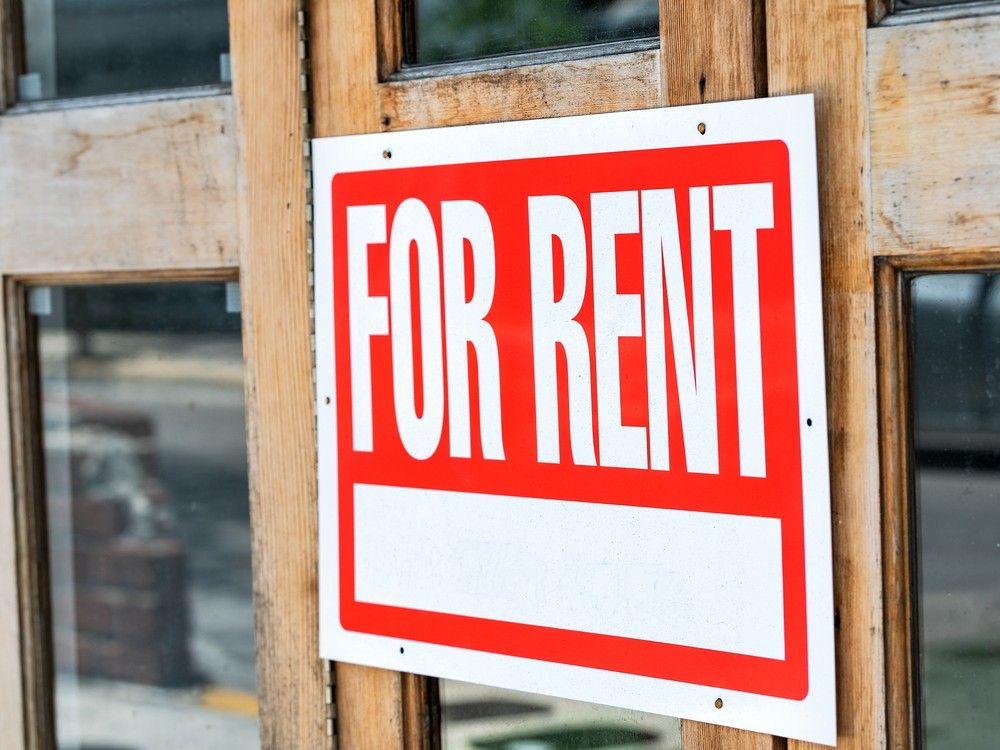That is one way to look at it. The other way is intrest rates have gone through the roof why is it acceptable for the owner to take the loss?Sounds to me like they should have been denied.
Making a poor investment (i.e. paying too much for a rental property and mortgage) doesn’t mean you should be allowed to price gouge your way out of it.
Cost of renting that property would be x amount of dollars based on cost to borrow the money. Expecting the owner to take a loss is not in the best intrest of all involved either.
From reading the article the intrest rate hiked significantly and the cost was reasonably passed onto the customer.(consumer)When they bought the property they should have known what the rent was. They should have done a cost/profit risk analysis to see if it was worth it. If they can’t afford it they can sell to someone else who can, even if it means they take a loss, thats how it goes. Nothing says in business you should always be making a profit.
The home owner nor the renters can control the costs associated with inflation. The government sure can and they don't.
I disagree, it was an unfortunate outcome for the renter. But the cost is the cost and it was an unreasonable intrest rate (again governments control these) that caused the significant increase.Poor arbitration decision, that could have negative impacts on all sorts of renters.
Expecting the land owner to absorb those costs is unreasonable.





